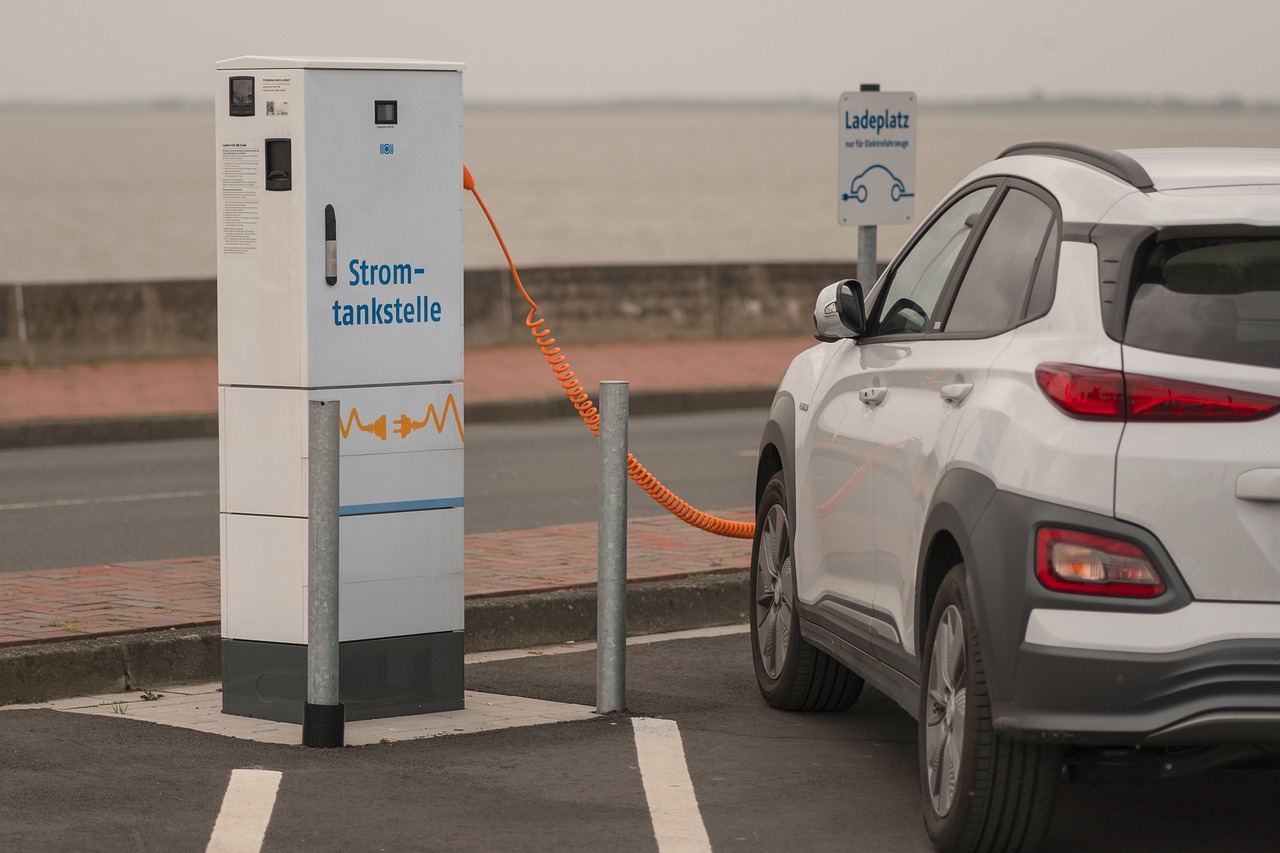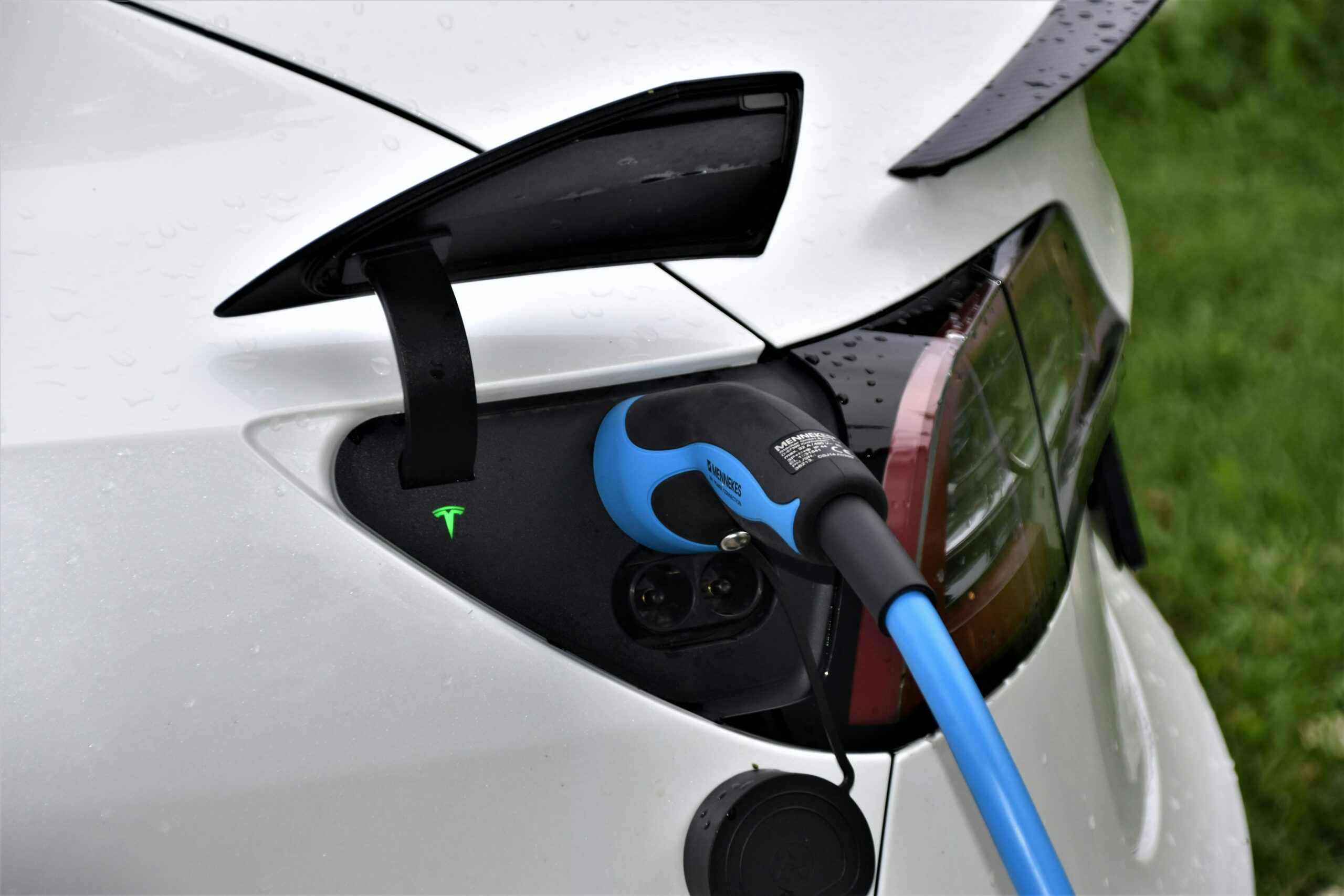Electric Vehicles Are 50% Cheaper to Run Than Petrol Cars, But Only If You Can Charge at Home
Electric vehicles (EVs) are gaining popularity, and for good reason! Recent research shows that electric vehicles are 50% cheaper to run than petrol cars, but this significant saving comes with a catch: you need to be able to charge at home, according to This Is Money.

Why Charging at Home Makes a Difference
Charging your EV at home offers several benefits that contribute to these savings. First, home charging is cost-effective. According to Halfords, charging at home typically costs around 5p/kWh, compared to 81p/kWh at public charging stations. This means that even if you occasionally use public chargers, charging at home can still save you a substantial amount of money.
Second, home charging is convenient. You can charge your car overnight, ensuring it’s ready to go in the morning. This eliminates the need to find and wait at a public charging station, saving you time and hassle.
Third, home charging can be environmentally friendly. Many home charging points use off-peak electricity, which is often generated from renewable sources , according to EVBox. This reduces your carbon footprint and helps contribute to a cleaner environment.
Electric Vehicles Are 50% Cheaper to Run Than Petrol Cars
A recent study by Andersen EV compared the running costs of a petrol 1.2-litre Vauxhall Corsa and a Vauxhall e-Corsa, both driving 10,000 miles per year. The results were striking. The petrol Corsa cost £1,209 per year to run, while the e-Corsa cost just £115 per year when charged at home on the cheapest tariff, says This Is Money. Even with the average smart home charge tariff of 7.55p/kWh, the cost was only £174 per year.

Long-term Savings
The savings don’t stop at fuel costs. Servicing an EV is also cheaper. The Car Expert estimates that servicing an EV costs £232 per year, compared to £295 for a petrol car. Over five years, the total servicing cost for an EV is £3,857, compared to £5,514 for a petrol car. Again, we can see that all in all electric vehicles are 50% cheaper to run than petrol cars.
Considerations
While EVs offer significant savings, and given that electric vehicles are 50% cheaper to run than petrol cars, there are some considerations to keep in mind. The upfront cost of an EV is higher than that of a petrol car. For example, a new petrol Corsa costs around £18,995, while the electric version costs £26,107. However, the long-term savings can help balance out this initial expense.
Additionally, insurance costs for EVs are currently higher than for petrol cars. However, these costs are falling, with a recent report from Confused.com showing an 18% annual decrease in EV insurance premiums in 2024.
Switching to an electric vehicle can lead to substantial savings, especially if you can charge at home. With lower fuel, servicing, and road tax costs, EVs are an attractive option for those looking to save money and reduce their environmental impact. As the infrastructure for EV charging continues to improve, the benefits of owning an electric vehicle will only become more pronounced, just as they have been doing year on year.
If you’re looking to sell your car given that we know electric vehicles are 50% cheaper to run than petrol cars, we’d be more than happy to help you with that. Thanks to our online valuation tool, we’ve made it so simple and easy for you to get a quote for your car and find out how much it’s worth. All we need is your reg number, nothing else, no email address, we know you’ve not got time for that. Give it a crack and let us show you how easy it is.
Jamjar.com makes selling your car quick, easy, and hassle-free. By comparing offers from a trusted network of UK car buyers, you get the best price without the stress of negotiating or haggling. There are no hidden fees, no obligation to sell, and the entire process is 100% online. Whether your car is nearly new or well-used, Jamjar helps you sell it fast and for a fair price—saving you time and effort.
SELL YOUR CAR HERE: https://www.jamjar.com/sell-my-car/








































